
Saga's Automated Assistant
What product would you like to discuss today?
Saga's Automated Assistant
Do you currently have a policy with us?
How does your policy number appear on your documents?
Here, we explore the challenges faced by people with dementia and their families, offering guidance on recognising when it might be time to stop driving. We provide practical advice, support options, and resources to help navigate this difficult transition, ensuring safety and peace of mind for everyone involved.
Dementia refers to a group of symptoms that affect memory and thinking skills, making daily life difficult. It can cause you to become more forgetful and struggle with things like problem-solving, speaking and your mood / the way you feel.
“Dementia is an umbrella term for a range of progressive conditions that affect the brain. Each type of dementia stops a person’s brain cells (neurones) working properly in specific areas, affecting their ability to remember, think and speak. Doctors typically use the word ‘‘dementia’’ to describe common symptoms – such as memory loss, confusion, and problems with speech and understanding – that get worse over time.” – Dementia UK.
Alzheimer’s disease is a common type of dementia, making up 60% to 80% of cases, according to the Alzheimer’s Association. The second most common type is vascular dementia, which happens due to bleeding and blockages in the brain’s blood vessels.
You can still drive after being diagnosed with dementia, but it depends on your ability to drive safely. According to the Alzheimer’s Society, one in three people with dementia continue to drive. In the early stages, you might be able to drive safely.
However, as dementia progresses, it becomes harder to focus, react quickly and remember things. Eventually, everyone with dementia will have to stop driving – the Alzheimer’s Society suggests that most people who have been diagnosed will stop driving within three years.
It’s important to know when you should stop driving if you have dementia, with the main consideration being whether or not you are safe on the road.
Driving with dementia can be risky. As the condition worsens, it can affect:
If you know someone diagnosed with dementia, it’s important to keep an eye on their driving habits. Look out for warning signs like driving too slowly, getting lost, drifting into other lanes, or appearing drowsy while driving. If you notice any of these signs, it might be necessary to have a gentle conversation about the possibility of them stopping driving.
When discussing dementia and driving with someone, keep the conversation positive. Avoid being judgmental or making hurtful comments. Instead, ask them how they feel about driving and highlight the benefits of stopping, like saving money on petrol, road tax, and car insurance, especially for those over 70 or 80.
If you need to stop driving due to dementia, there are several other ways to get from A to B:
When someone is diagnosed with dementia, it’s a legal requirement for them to inform the Driver and Vehicle Licensing Agency (DVLA). This can be done by filling out a CG1 form on the UK Government website.
After reporting, the DVLA might ask for a health check, a driving assessment, or more information from your doctor. They will then send you a letter with one of the following outcomes:
Failing to inform the DVLA or continuing to drive after being told to stop can result in a fine of up to £1,000. It’s also important to notify your car insurance provider about your diagnosis, just as you would do with many other medical conditions.
Yes, you must tell the DVLA if you have a medical condition that affects your driving.
Yes, it’s important to notify your car insurance provider if you, or a named driver on your policy, has any medical conditions that may affect your driving.
A driving assessment for dementia patients is something that can be taken voluntarily or may be requested by the DVLA/DVA. It takes place at an approved assessment or mobility centre. The assessment is done in a supportive way by a specialist occupational therapist and an advanced driving instructor.
The assessment takes about two hours and generally includes: questions about medical and driving history; a short written test of mental abilities; an eyesight test; steering and braking tests using a special static rig; and a drive on public roads along a set route in a dual-control car.
Saga Car Insurance is arranged and administered by Ageas Retail Limited and underwritten by Ageas Insurance Limited.
Whether you're looking for straightforward insurance or cover that's packed with extras, our car insurance has plenty of options for people over 50.
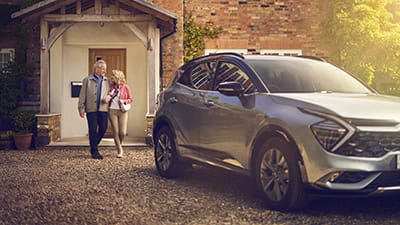

Choose our highest car cover level Saga Plus and freeze the price of your car insurance for 2 years if nothing changes. T&Cs apply.
There's plenty to explore and learn about our car insurance cover.
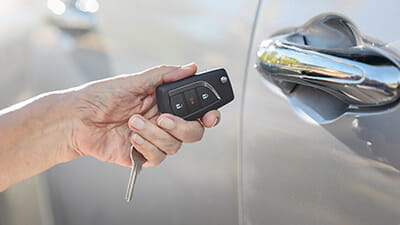
Losing a pair of car keys can be hugely frustrating, but could Car Key Protection Cover give you valuable protection?
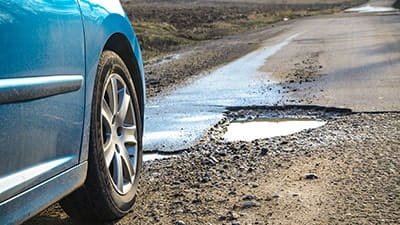
Don’t let potholes leave you out of pocket. How to avoid holes in the road or make a claim if you hit one.

When there’s a delay in receiving your certificate of motor insurance, cover notes come to the rescue.

Learn more about why fuel costs are rising, when they’ll go down, and how you can save on petrol in the meantime.

How much does an electric car really cost? Is it a cost-effective option to buy and run? Read on to find out more.

Find out which medical conditions have to be declared for car insurance and to the DVLA.
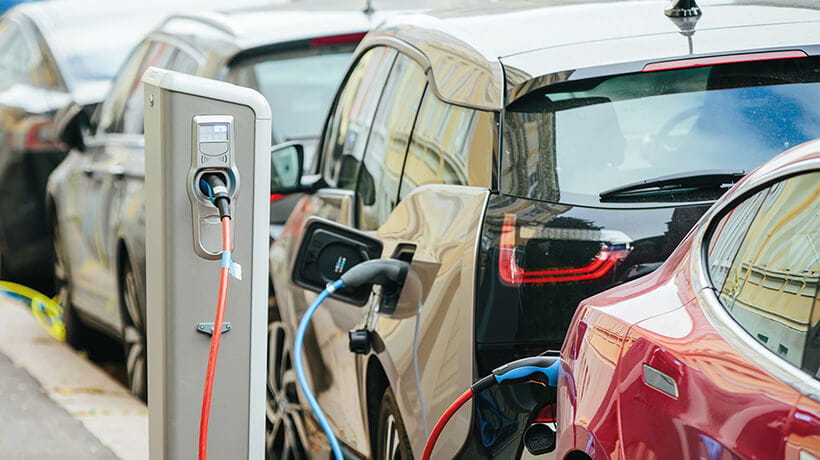
Electric vehicles have the potential to transform the places where we live and work. But which UK cities are best prepared for the EV revolution? We surveyed UK drivers to find out why they are (and aren’t) looking to push the accelerator on buying an electric car.

Everything you need to know about transferring your insurance from one car to another.

Putting the wrong type of fuel in your car an easy mistake to make. Here’s what to do if it happens to you…

Explore the UK's booster seat regulations, including exceptions, and learn how to ensure your car seat is covered by car insurance in our comprehensive guide.

Check which car tax band your vehicle falls into using our handy guide.


Find the right service for you using our handy guide to achieving a balanced car servicing schedule.
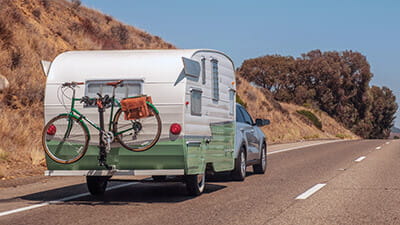
Explore the options before you buy if you’re planning to use your electric car for towing a caravan or trailer.

These are the basics for driving in the ice and snow. Plus a checklist to use before you set out in bad winter weather.
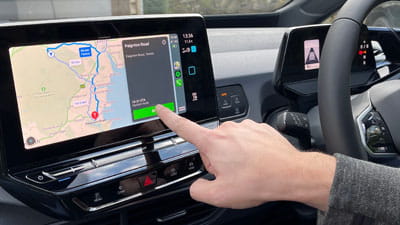
How do you know if your electric car charge is enough for your journey? We help you work it out.

It depends – the days of automatic discounts for women drivers are long gone. But there are ways everyone can save.

When you want to enjoy the freedom of the open road, we’ve got you covered, with comprehensive insurance tailored to you.
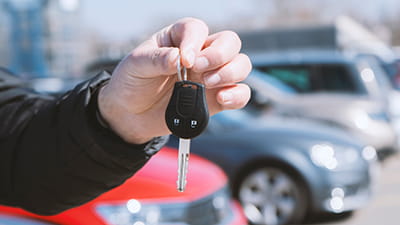
You’ll be back on the road in no time with a courtesy car to keep you mobile while yours is being repaired.